The Revenge of the Egede: Lizzy Gold’s Cult Drama ‘Voice of Egede’ is a Gripping, Flawed Descent into Nollywood’s Dark Side
Introduction: The Sound of Vengeance
Drops on Wed 12 NOV, 2025
Nollywood has always excelled at high-stakes family drama, particularly when secrets, wealth, and the spiritual realm collide. The team from LizzyGold Tv have clearly aimed for a grand, mythical narrative with VOICE OF EGEDE, and for the most part, they succeed in dragging the viewer down into a dense, unsettling vortex. This isn’t a casual viewing experience; it’s a commitment to a story about ancient grudges, corrupted power, and the terrifying price of revenge.
The trailer promised a confrontation: “I want the leader of Aed dead” and a protagonist haunted by “the corpses.” The full film delivers on this, focusing on the character of Amara (Lizzy Gold Onuwaje), a young woman pulled back to her ancestral home following the mysterious death of her patriarch. What she finds is not just grief, but a legacy steeped in a malevolent secret society—the titular “Aed” or “Fraternity”—led by a ruthless figure (Ugezu J. Ugezu) who seems to embody calculated evil.
My initial impression is that VOICE OF EGEDE is a heavy, ambitious film. Its strengths lie in the raw intensity of its performances and its willingness to confront dark themes head-on. However, its technical execution and reliance on familiar genre tropes prevent it from achieving true cinematic masterpiece status. This review will dissect the film, from its powerful, central performances to the often-stumbling camera work, to determine if this “Voice” is one you should listen to.
I. The Production Desk: Cast, Crew, and Context
While this film sits firmly in the straight-to-DVD/streaming Nollywood subgenre known for its rapid production cycles, the inclusion of veterans lends it necessary gravity.
A. Core Leadership
The film’s tone is characteristic of a specific school of Nigerian filmmaking that privileges dialogue and intense melodrama over visual subtlety. The story’s genesis from LizzyGold Tv suggests a production built around the star, ensuring maximum screen time and emotional arcs for Lizzy Gold Onuwaje—a strategic choice that pays off handsomely in the emotional weight of the central performance.
B. The Power Duet: Lizzy Gold and Ugezu J. Ugezu
The synergy, or lack thereof, between the two leads is the film’s central engine. Lizzy Gold Onuwaje carries the burden of the film, transforming from a sophisticated outsider into a determined, avenging spirit. Ugezu J. Ugezu, known for his powerful, often menacing roles, effortlessly steps into the role of the enigmatic, cold-blooded antagonist, providing the immovable object for Amara’s unstoppable force. Their chemistry is not one of romance, but of pure, destructive ideological opposition, which elevates their shared scenes.
II. The Egede Enigma: Narrative and Thematic Analysis
The narrative of VOICE OF EGEDE is structurally sound but thematically dense, requiring the viewer’s full attention to navigate its twists and turns related to the secret society and its historical crimes.
A. The Plot Premise: Unearthing the Corpses
The film opens with the demand for the leader’s death, immediately establishing the stakes. The plot revolves around Amara’s discovery that her father’s death was not natural but a consequence of his entanglement with the “Fraternity” (Aed), a group that manages wealth and power through ritualistic means. The “corpses” mentioned in the trailer are revealed to be the symbolic (and literal) victims of this society’s past power grabs. Amara’s mission is initially one of personal grief, but it quickly expands into a mission to save her entire family’s legacy and the community they once protected.
B. Analysis of Key Themes: The Weight of Legacy
The film is fundamentally about generational trauma and the cost of silence. The protagonist is literally tasked with fighting what led to “her parents’ death” [00:00:53], highlighting that the sins of the father become the burdens of the child.
Corruption vs. Justice: The Fraternity represents unchecked, entitled corruption, believing their power is absolute. Amara, as the voice of Egede, embodies a desperate, singular pursuit of justice outside of traditional, failing systems.
The Woman Pushed to the Wall: The trailer emphasized, “The woman is submissive until the day she’s pushed to the wall” [00:00:30]. This theme is crucial, showing Amara’s transformation from passive mourner to active agent, redefining female strength not as physical dominance, but as unyielding moral conviction.
C. Narrative Pacing and Structure
The film’s pacing is a mixed bag. The first act is a slow-burn melodrama, filled with mournful rituals and expositional dialogue to establish the depth of the legacy. This sets the emotional foundation well, but some scenes drag, perhaps lingering too long on grief. The second act, which deals with Amara’s investigation and infiltration (or confrontation) of the Fraternity, is the most gripping, moving at a brisk, almost thriller-like pace. The climax, however, feels slightly rushed. The final confrontation between Amara and the antagonist is resolved through a combination of psychological warfare and spiritual intervention, which, while dramatically satisfying, could have benefited from a few more minutes of sustained physical tension.
III. The Leads: Performance and Character Development
The performances are the film’s strongest element, overcoming any technical shortcomings with sheer, visceral emotional delivery.
A. Lizzy Gold Onuwaje as Amara: The Fury of the Avenging Child
Onuwaje delivers a career-defining performance as Amara. Her portrayal of grief in the early scenes is raw and convincing, avoiding the temptation to overact. Her strength lies in her subtle shifts:
First Act: Defined by confusion and deep sadness, her eyes conveying the pain of loss.
Second Act: A quiet determination emerges. The scene where she declares, “I will be the woman that will put an end to the existence of a” [00:01:42], is a masterclass in controlled rage, delivered not as a shout, but as a chilling, definitive vow.
Development Arc: Amara’s transformation from a sheltered daughter into a warrior queen is entirely earned. Her motives are never clouded by ego; she is driven purely by duty and love for her deceased parents. This clarity anchors the entire film.
B. Ugezu J. Ugezu: The Calculated Menace
Ugezu J. Ugezu’s antagonist is classic Nollywood evil, but rendered with chilling restraint. He avoids the typical manic cackling often seen in the genre. His power comes from his stillness and his dialogue delivery. The scene where he cold-bloodedly dismisses the protagonist’s pleas (“I want the leader of Aed dead. What kind of stupid request is this? I want him dead,” [00:00:00]) is deeply unsettling because of his matter-of-fact tone. He embodies the idea that true evil is often boring, bureaucratic, and utterly convinced of its own righteousness. His character development is minimal—he is a static force of nature—but this works perfectly against Amara’s dynamic growth.
C. Supporting Cast and Dialogue Delivery
The supporting cast, particularly the elders, provide rich, philosophical dialogue, often laden with proverbs (“There’s a thin line between bravery and madness. You’re about to cross that line” [00:01:06]). While this is a common Nollywood feature, it occasionally renders the dialogue theatrical rather than naturalistic. However, the intensity of the delivery ensures the weight of these words is never lost on the audience.
IV. Behind the Lens: Technical and Cinematic Execution
While the script and performances soar, the technical side of VOICE OF EGEDE struggles to keep up with its ambitious scale, reflecting common budgetary constraints within the sector.
A. Cinematography and Lighting: Drama Over Subtlety
The cinematography is functional, designed primarily to capture the drama. Handheld camera work is utilized extensively during scenes of conflict and high emotion, which successfully conveys urgency but occasionally leads to a jarring, amateurish feel. The use of lighting is highly dramatic—think bright, stark colors for interior scenes and heavy, natural shadows for the external ‘cult’ rituals.
Critique: In a few crucial interior confrontation scenes, the heavy lighting washes out the emotional nuances on the actors’ faces, slightly undermining the superb work of Onuwaje and Ugezu. More subtle, three-point lighting could have enhanced the suspense rather than just illuminating the stage.
B. Sound Design and Musical Score
The sound design is a standout feature. The deep, resonating drums and traditional instruments used during the cult scenes are incredibly effective, creating a palpable sense of spiritual danger. The score is culturally resonant, using mournful melodies for the scenes of loss and sharp, percussive tracks to underscore the investigation. The dialogue clarity is excellent, which is vital given the dense, proverb-heavy script.
C. Editing and Mise-en-Scène
The editing is efficient in the action sequences but occasionally clumsy in the conversational scenes, sometimes cutting away too quickly from a lingering close-up that deserved more time to breathe. The Mise-en-scène is powerful; the visual contrast between the protagonist’s modern life and the rustic, ritualistic settings of the Fraternity sharply underscores the film’s central conflict between two worlds. The visual representation of the “Fraternity” meeting location, with its eerie lighting and ritual props, successfully generates a feeling of dread.
V. Nollywood’s Reflection: Cultural and Contextual Relevance
VOICE OF EGEDE is a prime example of Nollywood addressing deep-seated societal fears using cultural mythology as a vehicle.
A. Standing in the Nollywood Landscape
The film is not groundbreaking in its theme—the ‘secret society that controls the town’ is a well-worn Nollywood trope. However, VOICE OF EGEDE revitalizes it by focusing intently on the emotional toll on the avenger, rather than just the mechanics of the cult. It feels less like a cautionary tale and more like an emotional quest, differentiating it from similar, more overtly moralistic predecessors.
B. The Conflict: Tradition vs. Morality
The “Voice of Egede” concept itself speaks to a return to ancestral morality. This isn’t a film about rejecting tradition, but about rejecting corrupted tradition. The Fraternity is using ancient power for selfish, modern gains. Amara’s struggle is to reclaim the true, ethical ‘voice’ of her heritage to defeat the perverted version of it. This provides a deep, philosophical layer to what could have been a simple revenge thriller.
C. Social Commentary
The strongest social commentary lies in the film’s implication that the highest levels of power and wealth in modern society are often intrinsically linked to dark, hidden compromises. The film suggests that institutional justice is blind, and true cleansing must come from an individual’s unyielding moral will. The audience is left with the uncomfortable reflection that the men who lead the Fraternity look exactly like the men who lead their communities—a chilling nod to real-world corruption.
Hear the Voice
VOICE OF EGEDE is a solid, compelling Nollywood offering that succeeds primarily on the shoulders of its leading woman, Lizzy Gold Onuwaje, and the chilling gravitas of Ugezu J. Ugezu.
Strengths:
Visceral, captivating performances from the leads.
A compelling, thematically rich narrative exploring generational justice.
Excellent, culturally appropriate sound design that heightens tension.
Weaknesses:
Inconsistent pacing in the first act.
Occasional lapses in technical polish (lighting and camera stability).
A final confrontation that, while resolved, could have been extended for more payoff.
If you are a fan of Nollywood thrillers that dive deep into the cultural intersections of tradition, power, and revenge, this film is essential viewing. It is a story with a message as old as time, delivered with a furious, modern intensity.
Verdict and Call-to-Watch
Rating: …………….5 / 5 Stars
Call to Watch: If you’re looking for a blockbuster action film, look elsewhere. If you crave a dark, dialogue-driven drama fueled by outstanding emotional performances and a thematic depth that forces you to confront the shadows of power, VOICE OF EGEDE demands your attention. Stream it now, and tell us in the comments: Do you think Amara went too far in her quest for justice, or was this the only way to silence the Fraternity forever?
#NollywoodTimes
#VoiceOfEgede
#NollywoodCult
#AmaraRising
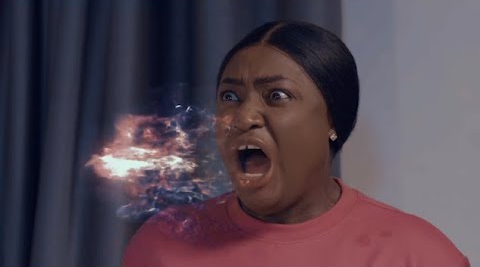
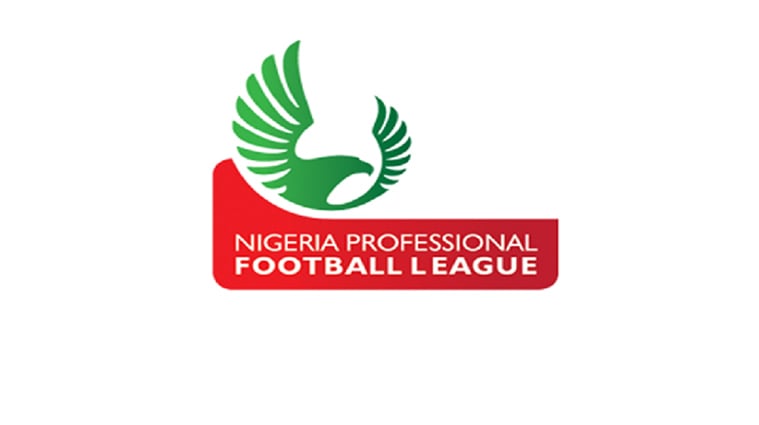
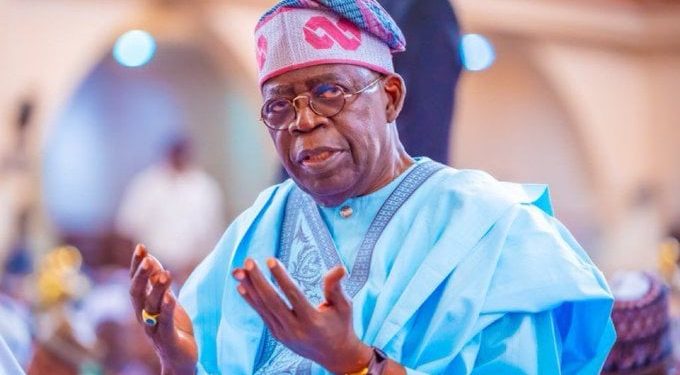



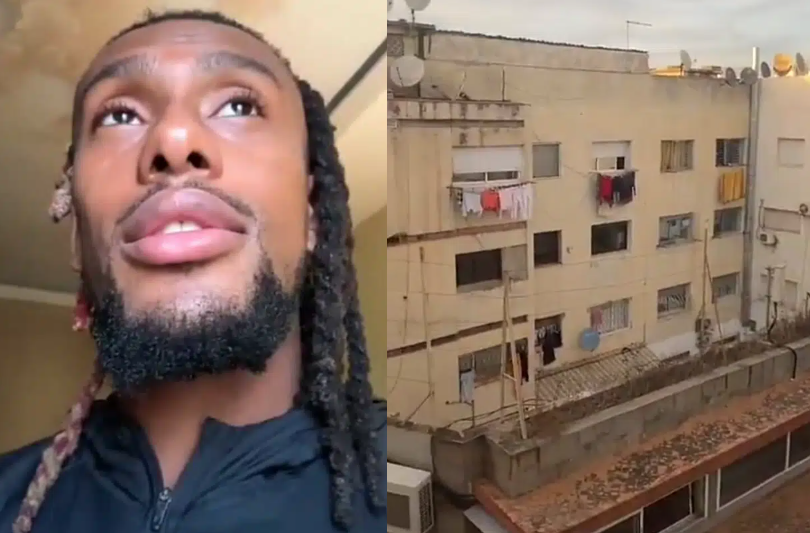

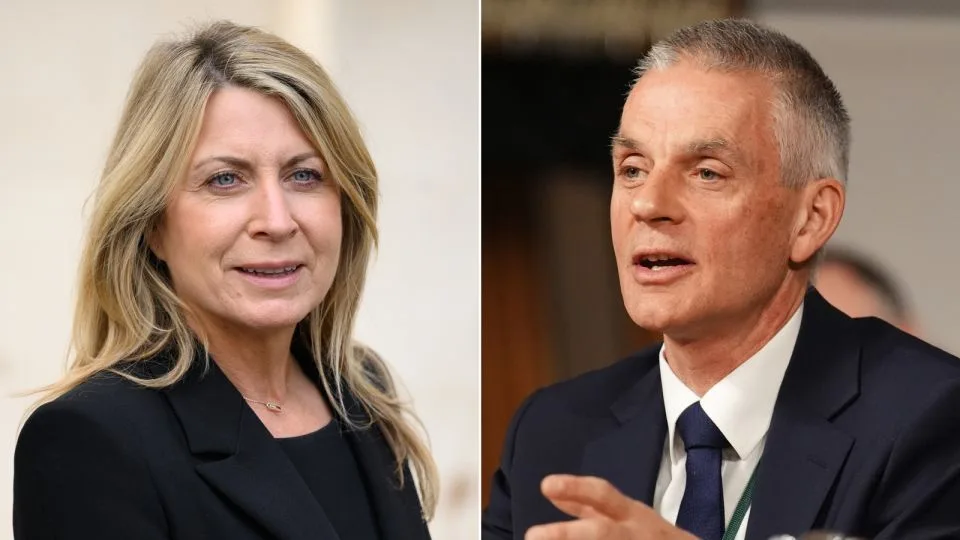

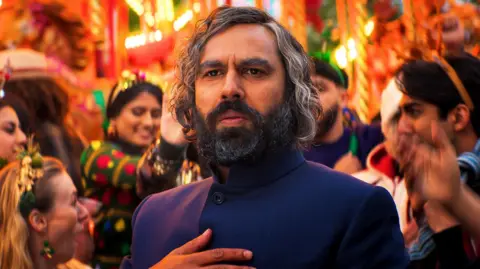
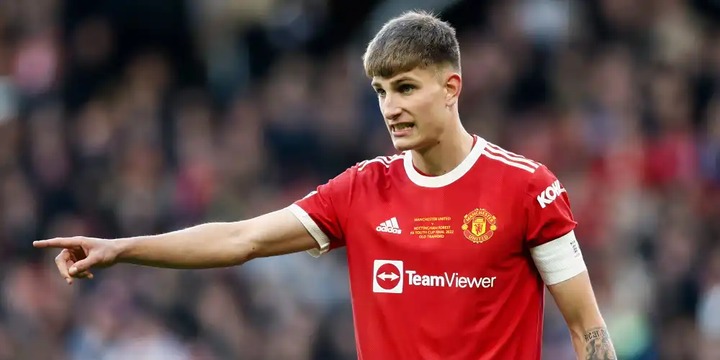

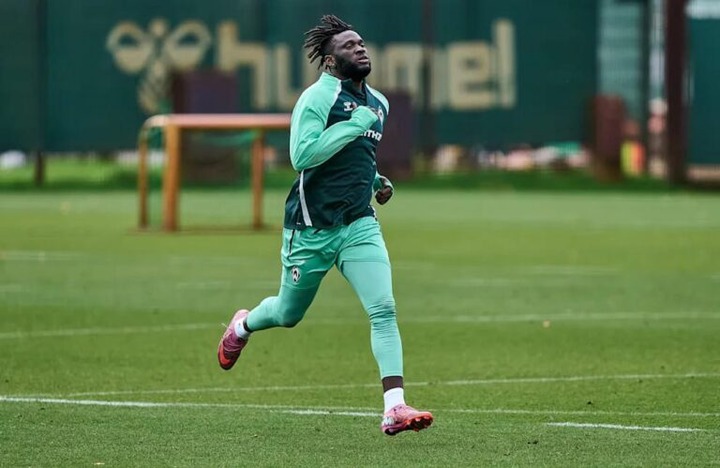
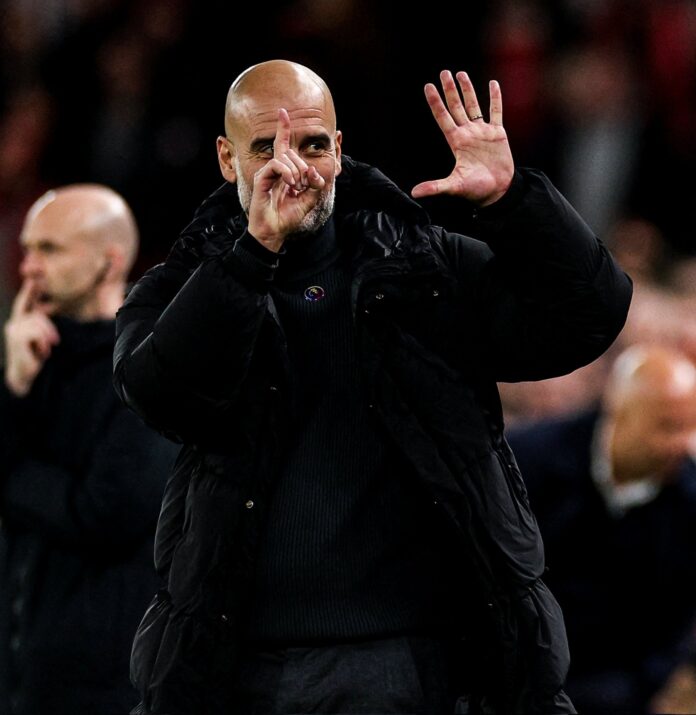
Leave a Reply